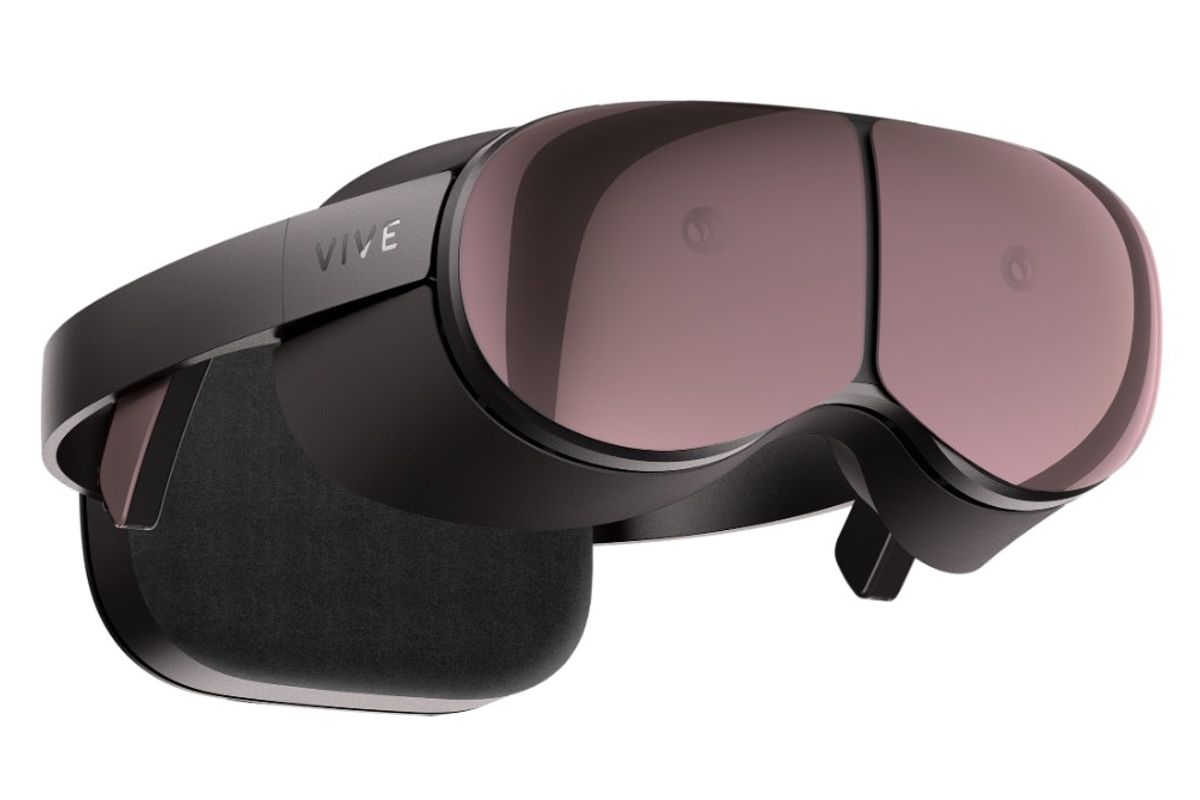Virtual Reality

HTC
Here is HTC’s vision for the future of virtual and augmented reality
Alongside three new modular Vive Cosmos headsets, HT gave a glimpse of the future

Alongside three new modular Vive Cosmos headsets, HT gave a glimpse of the future
HTC this week announced three new virtual reality headsets under its Vive Cosmos division. The three headsets are priced from around $500 for the Cosmos Play, to $899 for the flagship Cosmos Elite.
Alongside those two there is the equally new Cosmos XR, which is a mixed reality headset capable of virtual and augmented reality, thanks to pass-through video sent to the wearer's eyes through four cameras on the front of the headset.
Read More:
The entry-level Cosmos Play is aimed at casual VR gamers who want to play games like Angry Birds VR: Isle of Pigs, or the simple VR painting game Tiltbrush.
At the other end of the range, the Cosmos Elite is for gamers who use high-end PCs and want the very best virtual reality experience. There's support for Steam VR base stations to create room-scale VR, and accurate hand tracking. This headset is best suited to more graphically demanding VR titles like Superhot and Beat Saber.

Interestingly, these three VR headsets all support HTC's new modular design, where the faceplates can be swapped out, giving them more capabilities. For example, a casual gamer could buy the circa-$500 Cosmos Play (an exact price is yet to be announced), then later they could buy the mid-range Cosmos' six-camera faceplate for $199 and snap it on, upgrading their headset.
HTC Vive Cosmos - PC
After this, the same Cosmos Play could be fitted with the $199 faceplate from the Elite, bringing an even more capable VR experience to the entry-level headset. Both of the additional faceplates will be available from the second quarter of 2020. The Elite is coming in Q1 for $899 and comes with two controllers.
HTC's continued investment in VR comes as Samsung, Oculus, Google and Microsoft via its Xbox division have all recently adjusted their future plans for the technology, with some walking away from VR entirely.

Looking further ahead, HTC also this week revealed plans for a VR and AR headset of the future. Under the name Project Proton, this mixed-reality headset, pictured at the top of this article, looks similar to the Magic Leap AR headset, but with less of a steampunk vibe to it.
HTC told Input that the device is still in the experimental phase of development, but confirmed there will be 'microdisplays' which work with virtual, augmented and mixed reality (XR), albeit with a reduced field of view.
One design being tested by HTC sees the headset connect to an external processor clipped to the wearer's waist, like how the Magic Leap works. A second design being worked on by HTC sees the processing unit mounted to the back of the headset.
No other details are available just yet, other than HTC saying it expects a consumer version of Project Proton to launch in the next couple of years - just in time to compete with AR headsets and smart glasses expected from Apple, Facebook and others.
GearBrain Compatibility Find Engine
A pioneering recommendation platform where you can research,
discover, buy, and learn how to connect and optimize smart devices.
Join our community! Ask and answer questions about smart devices and save yours in My Gear.
